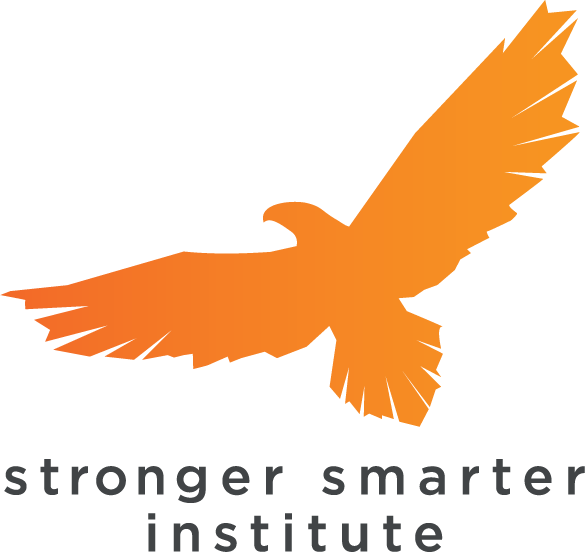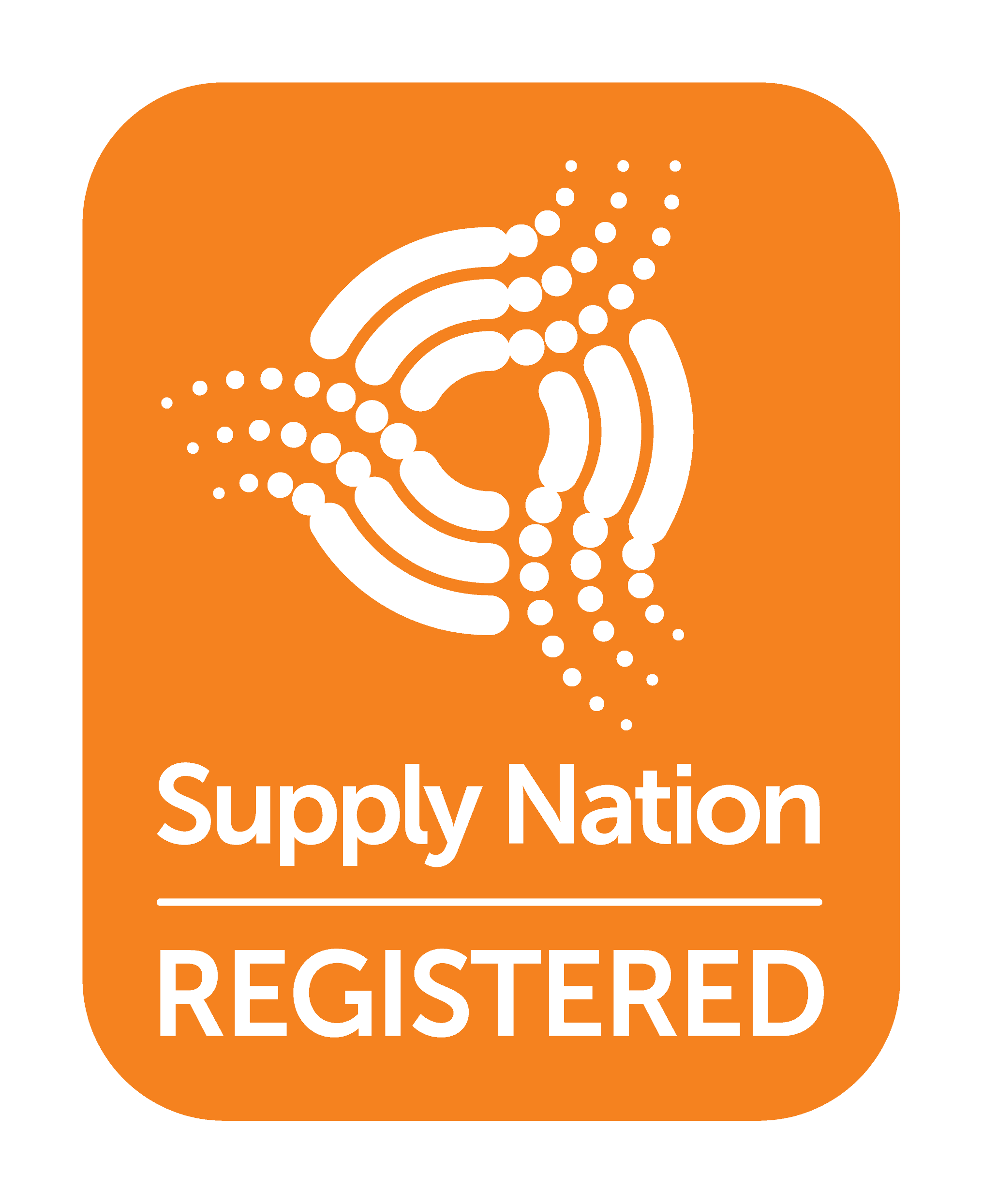26/11/2019
Renee Matheson
Principal
St Augustine’s Parish Primary School
‘Stronger Smarter – it’s really about common language. It affirmed a lot of my feelings about teaching and education and it’s really about our students. If you’ve always got the students in your forefront, then nothing can go wrong for those kids’ Renee Matheson
Renee Matheson has been the Principal of St Augustine’s Parish Primary School in Narromine for two years. The school, which has around 30% Aboriginal students, is part of the diocese of Wilcannia-Forbes in western New South Wales. Renee came to Narromine after experience working at St Patrick’s in Brewarrina and St John’s in Cobar.
Renee describes how when she arrived at St Augustine’s, the school was working from a traditional form of schooling which involved teaching to the middle child. There were straight rows of desks and a quiet, well-behaved classroom, but no collaboration between groups. “We were teaching for the average,” she says. “We weren’t differentiating, and I found that quite alarming. Culture change hadn’t happened here for many years. Nothing had changed pedagogically here for a long time. The attitude was ‘we’ve done things like this forever so why would we change it’.”
The more vulnerable students were being taken out of the classroom and while Renee says they were doing some great activities with the teacher assistants, the teachers weren’t checking back on what these students were learning when they were out of the classroom. She says that while staff knew the parents who were active in the school, they didn’t really know their students, particularly the Aboriginal students. “There wasn’t really a face on every child at our school,” she says. “They thought they knew their kids because they know their families, but they didn’t know each individual child.”
Over the two years since starting at St Augustine’s Renee has implemented significant pedagogical changes at the school. “We’ve done a lot in two years,” she says. “Our school is now staged. We’ve got team teaching in each stage except for Kindergarten, because we’ve only one Kindy so I work with the Kindy teacher. Staff share programming, they’re not working in their own little islands in each class. We’re really building that collaborative approach to our learning.”
Renee says St Augustine’s recently hosted a Principals’ meeting which included a tour for all the new principals to the schools around Parkes and Forbes. “They can’t believe that I’ve been able to change the standard of the learning in our classrooms as much as I have. It’s quite satisfying now to see that our school’s really moving forward in our teaching and learning. Last year Stronger Smarter supported me in thinking, and the philosophy that we are doing great things for our students and that it was a first. All the hard work which I read about from Chris Sarra resonated with what that first 18 months was like for me here.”
Stronger Smarter Leadership Program
Renee attended the Stronger Smarter Leadership Program in 2018 together with Jo her Aboriginal Education Worker. She says that the SSLP made her think about how she was implementing the changes in the school. Instigating significant change in a school that had been working in the same way for a number of years meant there were challenges from both staff and parents who didn’t initially understand why change was needed. “The second year was the year I started the Stronger Smarter journey and I was still being challenged a lot about the changes,” Renee says. “The Stronger Smarter training made me think about why I was doing it. I knew that some egos we’re going to be bruised, but it made me think about the fact that we were doing it for the kids and that was something that all of our staff needed to understand. Stronger Smarter is about the common language. It affirmed a lot of my feelings about teaching and education and it’s really about our students. If you’ve always got the students in your forefront, then nothing can go wrong for those kids.”
Renee says the SSLP made her think about how she was building the trust and relationships with staff to ensure staff would keep supporting each other and the changes would be embedded. Renee and Jo decided that ‘building and fostering high-expectations relationships with their staff’ was the Workplace Challenge they needed to take away from the SSLP. Renee says, “I always knew relationships were the most important part of my role. Now it’s about supporting our staff to embrace that change. The Stronger Smarter training really encouraged me to think more deeply about how we can embed that with our staff to make sure it’s part of our culture and not just something I’ve initiated and if and when I do leave, it will go.”
One result from the Workplace Challenge is that Renee has organised a two-day Stronger Smarter Workplace Program for the whole school with the support of Miranda Wilson, the Aboriginal Education Consultant for the area. “I’m so excited that our CEO has supported us by funding this professional learning,” Renee says. “To be able to do that is quite special and I’m really looking forward to it. Our entire staff are doing that, and I think that it’s going to shift and embed what we’ve got here. I’ve got high expectations of those two days and what they can do to create some norms at our school afterwards.”
High-Expectations Relationships
Renee says that Stronger Smarter shows that you need support from everyone at the school. Initially she found some resistance to change from both staff and the community. Renee recognised that when things had happened the same way for a long time, change wouldn’t always be easy for staff, but that she couldn’t let the worry of hurting the staff’s feelings get in the way of making the changes that were needed for the students. Renee’s challenge was to ensure the staff would be a part of the changes rather than it being considered that the changes were just Renee’s decision. “Stronger Smarter made me really reflective of what I’ve done. It definitely made me come back and think that we’re walking past, we’re excusing some behaviors from staff because it’s always been that way,” she says.
Renee explains that this reflection didn’t make her change the way she went about change, but it did make her think more about how the change was impacting on staff. “Stronger Smarter has made me think, ‘I know why they struggle with the change so much because it hadn’t happened before’ and it was really about getting them out of their comfort zone. This was something Stronger Smarter made me do as well, because physically I was out of my comfort zone when I attended it, but it also made me think about how I would continue to initiate change at our school and support the changes.”
Renee says she wanted to ensure she wasn’t at the top of the triangle, but that everyone was part of the circle in decision making. She wanted the community to understand that expectations and standards weren’t high enough in the school. “I’m really about building trust in our relationships, which I didn’t have when I started and was new to the area. It’s about building relationships between each other so we can also support each other when we do make pedagogical changes. If we had a more high–expectations relationships with our staff, perhaps when they did go out to the community, they would be able to feel more confidence in saying, ‘Well, actually the change is because of this,’” Renee says.
Renee says that with changes in staff and people away on long service leave, building relationships has taken time, but this year she hopes she has permanent executive roles in place. “Stronger Smarter encouraged us to have a look at how we’re making decisions and how are we communicating with each other. Now I’m looking forward to just keep building on those relationships within our executives.”
She will also continue building relationships with staff. “I’m hoping that two Stronger Smarter days for the workshop will help us build a little resilience to some of that talk from ‘Oh, they do this, they do that.’ Sometimes you can get into a bit of a spiral. Let’s try and ignore that kind of negativity and focus on the work we should be all doing. Let’s move to more about how we see ourselves as educators, how we act in our community, how we model what we do. That will be more effective.”
Community relationships
Renee says they have done a lot to improve engagement with families, in particular with Aboriginal families, who had said they didn’t previously feel welcomed in the school. “They said ‘We did not feel welcome’,’” she says. “That’s quite alarming to think that our parents didn’t feel welcome. But it’s the reality and that can be quite daunting for some staff because they thought that they were welcoming but they’re only welcoming one group of people.”
They started a number of activities for parents, such as workshops and learning walks around the classrooms. The best attended activity is a lunch on the lawn once a term. The canteen is open if families want to order from there, or just bring their own lunches. “We welcome all our families to come and eat lunch on the lawn with their children. Out of about 36 Aboriginal families we get 25 that come every term.’
Renee says they now need to get all teachers stepping outside the school gate to build relationships with families, recognising that for a lot of families they haven’t had a great rapport with schools from the past. “Our next step is we want all of our teachers to go outside because that can be sometimes the first time they’ll have spoken to those families. For the teachers to come outside is an engagement with the parent you can have without calling them into school.”
They also started a Parents and Friends Association. “For the first time, we’ve actually got an Aboriginal parent on our school committee—first time ever. They’ve been here for over a hundred years and that’s the first time ever,” Renee says. “I’m happy where I can see that we’re on this beautiful journey and our kids, our results and our community’s really building.”




